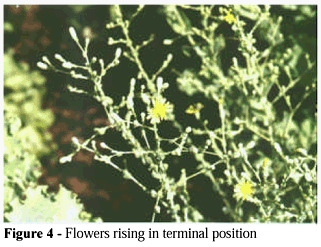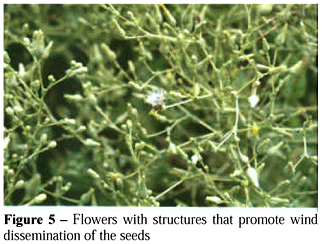An efficient method for constructing transgenic lettuce cultivars by Agrobacterium tumefaciens was described by Torres et al., 1993. In the present work, an improvement of the above procedure is described and applied to transform the cultivar Grand Rapids with a mutated P5CS gene. The major modifications were concerned with turning more practical the transformation and regeneration protocols. Also we tried to improve transformation steps by increasing injured area in explants and prolonging co-cultivation with Agrobacteria (in larger concentration). A more significant selective pressure was used against non-transformed plants and bacteria. In these work we were concerned to obtain T1 and T2 seeds. The P5CS gene codes for a delta¹-pyrroline-5-carboxylate synthetase, a bifunctional enzyme that catalyzes two steps of proline biosynthesis in plants (Zhang et al., 1995; Peng et al., 1996), while the mutated gene is insensitive to feedback inhibition by proline. The potential benefit of this gene is to confer water stress resistance (drought, salt, cold) due to increased intracellular levels of proline that works like an osmoprotectant. In this work could obtain and characterize transgenic lettuce lineages which are resistant to freezing temperature.
Stress resistance; cold resistance; transgenic; lettuce; proline







